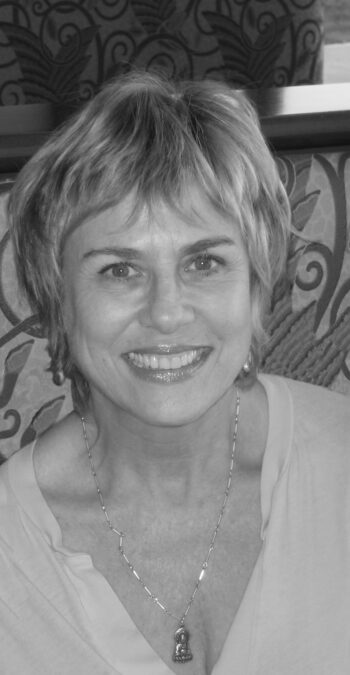Before enlightenment; chop wood, carry water.
After enlightenment; chop wood, carry water.
The above is called a Buddhist koan, a proverb that emphasizes the importance of mindfulness and presence while you’re performing everyday tasks. For me, this koan has two meanings. The first suggests that personal growth isn’t about escaping the ordinary. It’s about finding meaning and fulfillment in the present moment while performing ordinary, repetitive actions. The second is that regardless of one’s spiritual or intellectual achievements, inner peace comes from being completely present while we’re doing anything.
Back in the late sixties, I spent a day with a girlfriend, Camilla, making a Greek dish called Moussaka. It was a long process of
gathering ingredients, melting butter, flour, milk and bay leaves, and whisking them over a low heat. It was a slow meditative process and when we were through, we felt peaceful and fulfilled.
At dinner that night with a few friends, they all loved our feast except for my boyfriend. He tasted the Moussaka and declared it tasteless
and a waste of time. I felt insulted and hurt but what I didn’t understand until later was that the time I spent cooking with Camilla, the feelings of peace and fulfillment were the prize. The issue wasn’t about how the food came out or who appreciated it. It was about feeling content while I was doing the ordinary act of preparing a meal for friends.
The late tennis champion, Arthur Ashe said, “Success is a journey, not a destination. The doing is often more important than the outcome.”
There is a Zen story about a young monk in a monastery who dreamed of becoming enlightened, of being a great man. But every morning, the Abbot directed him to chop wood for the fire and carry water to the kitchen for cooking.
“All I do is chop wood and carry water,” he grumbled one day. “I want to be great like you.”
“Being great is not what you think it is,” the Holy man said. “I spend all my time reading scrolls and studying. When you stay focused on the moment, not the past or the future, when you place your attention on what needs to be done, the idea of greatness and enlightenment becomes less important than being present in life.”
Being enlightened doesn’t mean sitting on a silver throne, spewing platitudes and having people bring you whatever you want. The way I see it, it’s about being real, humble, vulnerable and accepting, being an example of compassion when compassion is difficult. As the young monk continued to chop wood and carry water, he stopped feeling like a victim. He realized that although nothing was changing on the outside, everything was changing on the inside.
Any time we commit to doing something with determination and
humility, we’re taking a step on the ladder to higher mindfulness and
compassion. In Zen lore, when the Buddha was seeking spiritual transformation, a ferryman transported him across a river to the city. Initially the Buddha overlooked the other man’s deep connection to the flow of the river as a path to enlightenment. But when he spent his time indulging in the material wealth of the city, he realized that he was not on the path to inner peace. He returned to the river and became the ferryman’s apprentice, guiding other individuals to seek their own spiritual understanding.
I was reading a talk by Pema Chodron about the rewards of doing
the ordinary. She said, “Whatever you’re doing, the magic, the sacredness, the expansiveness, the stillness, stays with you.” She talked about using cooking as a spiritual practice. She said that when we aspire to be mindful in the simplest of activities, all of our emotions come into play. We burn things or we ace them. We undercook things or we take them out of the oven at the perfect time. We fail, we succeed, we’re clumsy, we’re adept and most of us don’t like washing dishes. But we do it because we crave peacefulness and contentment.
If we spend our morning worrying about what we have to do in the afternoon or what we did yesterday, we’re wasting an opportunity to soothe and comfort ourselves. To feel the rewards of peace and compassion. If we become present and do what we have to do that is not extraordinary, we’ll find peace in the ordinary.


Recent Comments